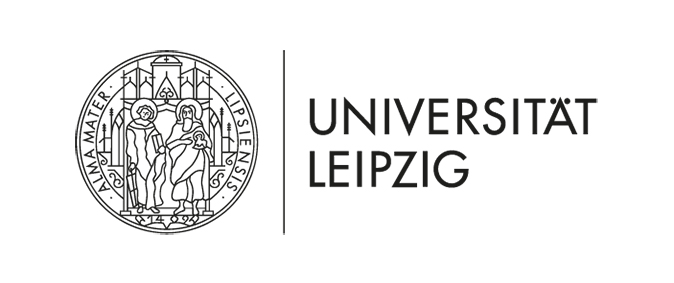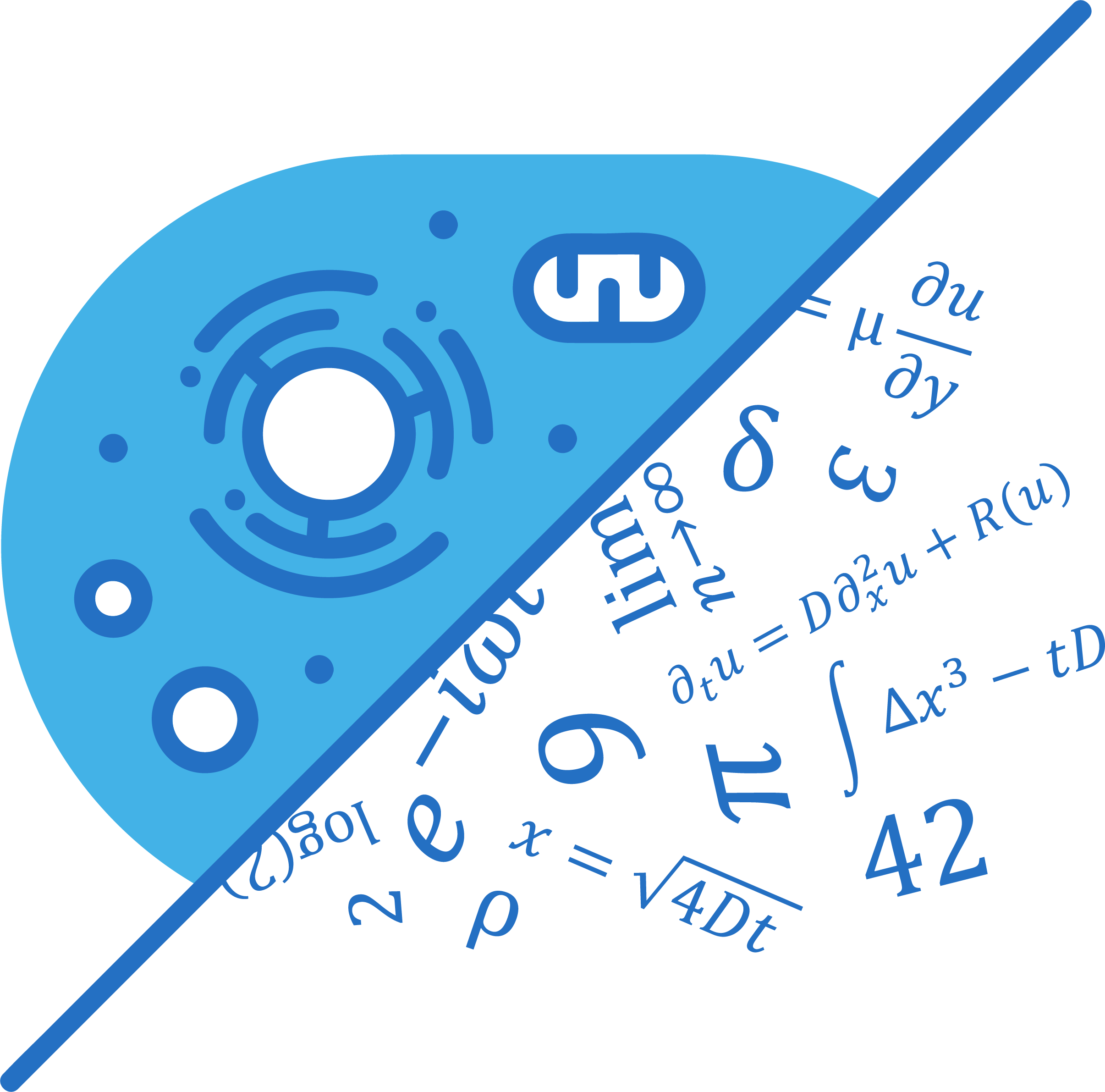|
15th Annual Symposium Physics of Cancer Leipzig, Germany Sept. 30 - Oct. 2, 2024 |
PoC - Physics of Cancer - Annual Symposium |
|
|
Invited Talk
In vivo tumors & ex vivo tumoroids establish physics-driven genetic changes & tumoricidal macrophages
University of Pennsylvania, School of Engineering and Applied Science, 220 South 33rd Street, 107 Towne Building, Philadelphia, PA 19104-6391, USA
Contact: | Website
Cancer always exhibits genetic changes, but solid tumors show more changes and greater variance than liquid cancers and soft tumors. A novel fluorescence ‘ChReporter’ method was developed to see chromosome loss at single cell resolution and track genetically altered colonies. Systems studied thusfar range from in vivo tumors to spheroids in gels of controlled stiffness and single cell confinement. The mean and variance of changes conform to the seminal theory of Luria & Delbruck for genetic evolution. In further studies, we induce chromosome losses & gains in a standard melanoma model because chromosome number changes often associate with poor prognosis, and we find macrophages skew to an anti-cancer phenotype. They are able to overcome the cohesiveness of the tumors, and exhibit cooperativity as low entropy macrophage clusters during tumor elimination. Success benefits from disrupting the tumor’s macrophage checkpoint and yields durable cures with acquired immunity against the tumor.
|









